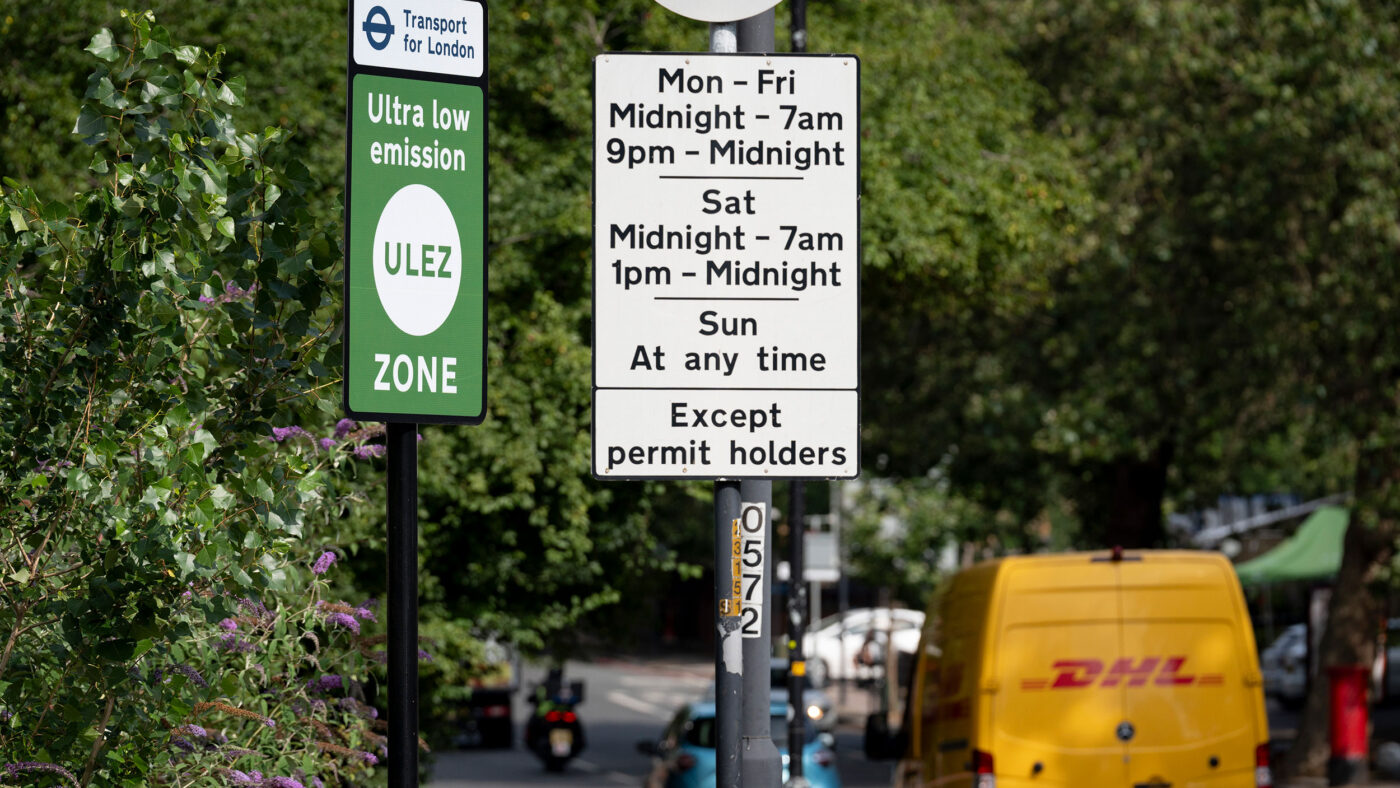Rishi Sunak has made headlines recently by suggesting that he is looking to row back on his government’s green pledges. However, making headlines appears to be all that this is. This new ‘policy direction’ is little more than a carefully curated collection of focus-grouped statements designed to ride the media surprise of retaining Uxbridge and South Ruislip.
Now, there is much to be said about cutting away the poisonous growth of much of our so-called ‘Net Zero’ agenda. For a start, the ridiculous time frames and expectations that the current Net Zero ambition and associated programmes have placed on the country are strangling our economic growth. Estimates have placed the cost of our current decarbonisation timetable as more than one £1trn. This economic catastrophe is clearly behind the deep unpopularity of some Net Zero plans.
But what has caused this newest about face from the country’s political leadership? Sunak and his team seem to have determined that ULEZ and other aspects of the green agenda are the best wedge issues they can find to exploit Labour’s weaknesses and hold onto government at the next election.
However, it is also quite clear that Sunak has not gone far enough. He patently does not believe he needs to truly scrap eco-friendly policies and rather feels that he only needs to commit to ‘continually examine and scrutinise’ whatever idea comes forward.
If Sunak really wanted to prevent Net Zero from crippling the economy and help struggling people up and down this country, there are some immediate levers he can pull. Firstly, he could put the kibosh on Khan’s ULEZ expansion, rather than putting out weak condemnations of the policy. He could end his own plans to ban boilers and replace them with ineffective, expensive heat pumps – something that has been called the ULEZ of the countryside.
The third, and perhaps most important, action that the PM can use to prove his commitment to those struggling with the cost of living, would be to – at minimum – delay the 2030 ban on new petrol cars. Polling has repeatedly shown that scrapping the arbitrary date is popular across the country – with nearly 55% of the public believing that the ban should either be delayed or removed entirely.
Perhaps the worst part of the flawed 2030 ban is that replacing cars with electric equivalents wouldn’t even be better for the environment. Research from the Alliance of British Drivers has shown that electric vehicles produce more CO2 across their life cycle than traditional combustion vehicles, when you account for emissions for manufacturing, mining for cobalt and so on. Even under the most inefficient circumstances, normal cars produced less emissions across their lifetimes. So much so, that it could take up to 380,000 kilometres for a purely electric vehicle to simply break even with an equivalent internal combustion engine vehicle when it comes to emissions.
Combustion engine vehicles are also far easier to recycle. The vast majority of ‘spent’ batteries are sent to landfill sites, often in developing countries. I haven’t even mentioned the very real problem that we will be reliant on production lines and resources that are in large part controlled or dictated to in a very real way by rogue, unreliable or downright hostile nations.
A rushed and ill-thought through Net Zero will paralyse our economy. Millions of people up and down the country are already feeling its effects. The Net Zero agenda has broadened and deepened the cost of living crisis that we are still facing. Continuing down this road will lead to an economic, social and electoral car crash. The Prime Minister needs to pump the brakes and turn off onto a different road.
Click here to subscribe to our daily briefing – the best pieces from CapX and across the web.
CapX depends on the generosity of its readers. If you value what we do, please consider making a donation.


